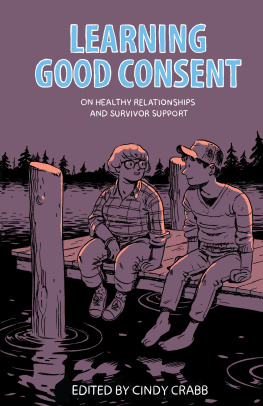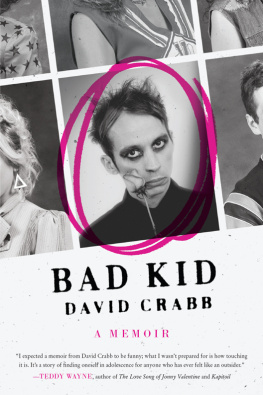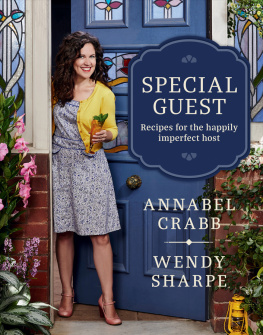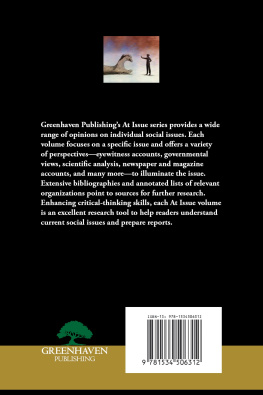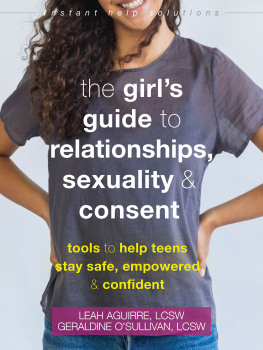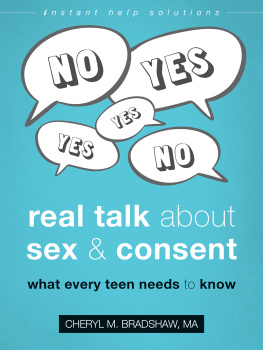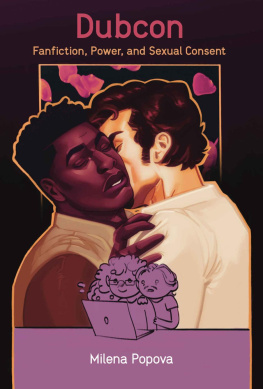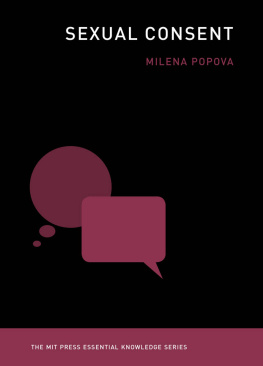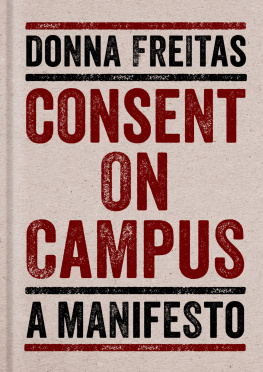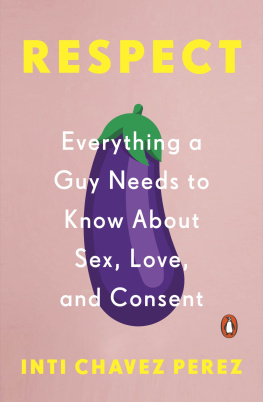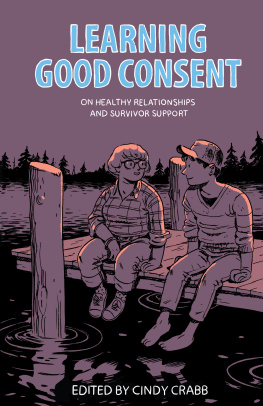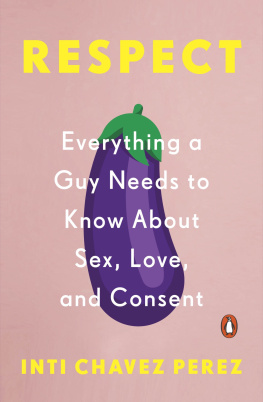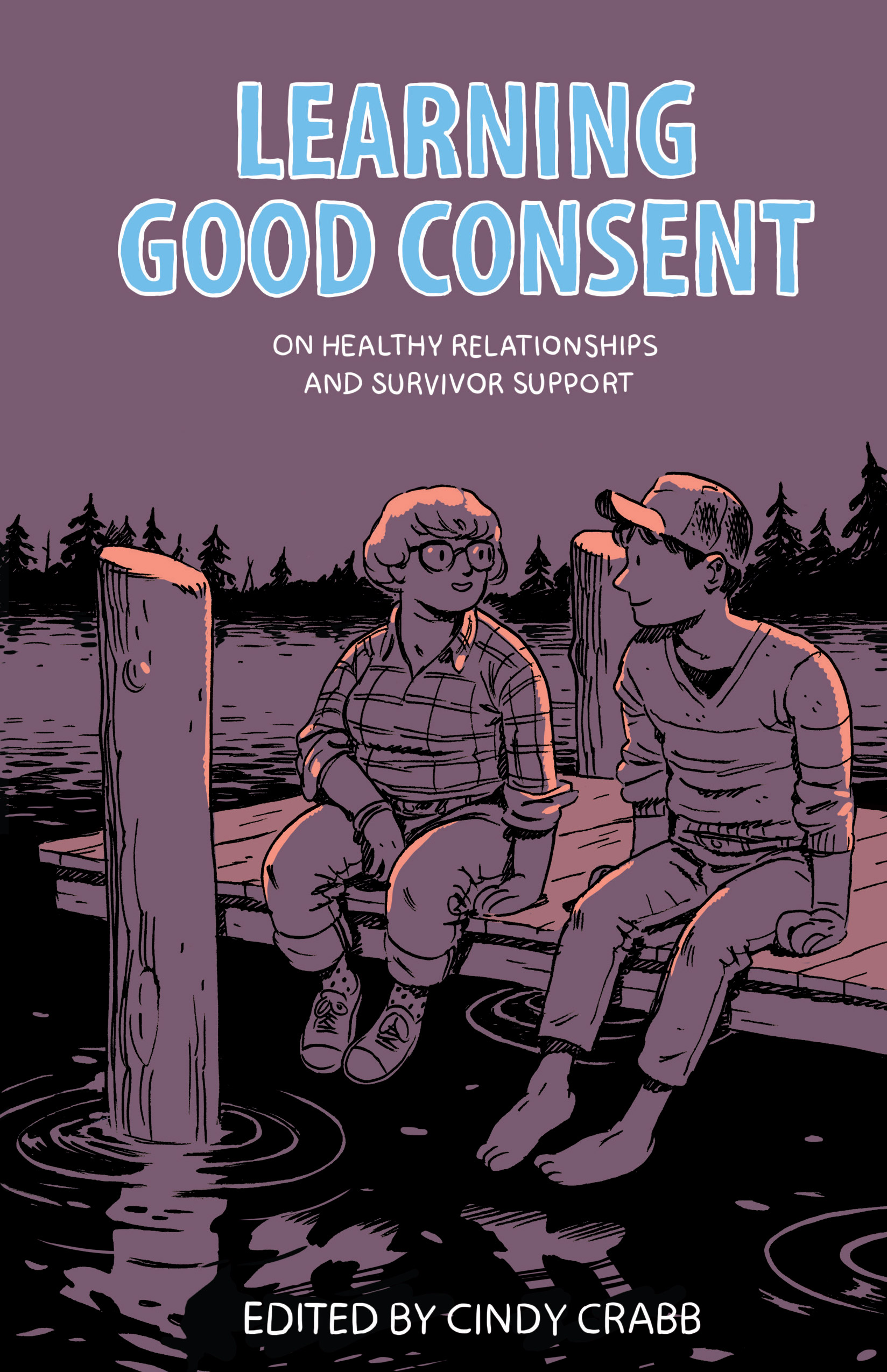This book took the work of many, many peoplewriters, activists, educators, readers, friends, and loved ones. It took the work of generations of activists, writers, and survivors before us, and the work will continue until all forms of domination and oppression are ended. Thank you for being part of this change. I personally would like to thank Caty C., Shari R., and Shannon ONeill, for being there for me when I first began compiling these writings.
Also, thanks goes out to publishers and magazines that supported these writings: AK Press, Cleis Press, South End Press, Maximum Rock and Roll , Slug and Lettuce , and all the zines and grassroots publications that paved the way and continue to provide a forum for brave voices.
Thanks to the organizations and collectives: Hysteria, Ubuntu, INCITE! Women of Color Against Violence, Creative Interventions, and all the ever changing community groups working to transform the world.
Thanks to all the people who contributed to the zines Support and Learning Good Consent , and to all the people who wrote and shared their stories in letters or in person. Thanks to all the people who wrote their own zines after reading these writings, and all the people who created and continue to create workshops based on these themes. Thanks to the people who have translated these writings in part or full into Spanish, French, German, and Hebrew.
And thank you for picking this up, for reading, for caring, for being brave. This book is for you. Thank you.
Foreword: Water in the Tide
What is consent? What does healthy communication look like? How do we support our loved ones who have survived sexual or relationship violence? What can we do if its us who have hurt someone? Learning Good Consent: On Healthy Relationships and Survivor Support promises no simple or formulaic solutions, yet offers places for us all to begin or continue conversations that are often silenced or shamed. It is a collection of powerful survivors stories, conversations about informed and embodied consent, as well as practical skills and tools around active listening, setting and respecting boundaries, navigating triggers, and more.
These writings were originally released in 2005 and 2009 as two small D.I.Y. publications entitled Support and Learning Good Consent . It was a time when punk/diy/zinester/radical/queer communities, as well as some larger elements of the public, were realizing that No Means No was not enough, and that sexual assault was more often hidden within dates and relationships, hidden in manipulation or obliviousness. The idea that consent was important, that people needed to create full, non-coerced agreements about physical, emotional, and sexual acts, was revolutionary and controversial. Currently, this fundamental understanding that consent is essential is becoming more widely accepted, yet we need to broaden and deepen the public understanding of what consent, particularly consent that centers abuse survivors, actually looks like. Learning Good Consent: On Healthy Relationships and Survivor Support does just that. These writers recognize they dont have all the answers or solutions, but believe that its our responsibility to learn from our mistakes, exploring and unlearning the hurtful dynamics that currently dictate how our relationships could or should look. The punk/diy/zinester/radical/queer communities that these writings came out of are just like most communitieswe mistakenly believed that our good politics would protect us from violence; that sexual abuse somehow wouldnt happen to us, or by us . This collection of writing creates an accessible place for us to collectively break the silence and have a shared framework for strategies and tools that we can use and know that we are not alone.
How do we develop more concrete skills and practices for relationship models based on shared power, choice, and accountability? How do we respond when someone has been hurt, and we may be responsible? This book is both an important conversation-starter and resource for folks asking these types of questions.
The original zines came out when brave writers were self-publishing and distributing writings about surviving intimate violence and sexual assault, yet very little was written about consent. As radical communities, we lacked the tools we needed. Activist groups like INCITE! Women of Color against Violence, the Hysteria Collective, Consent Matters, Ubuntu, Phillys Pissed, and the Down There Collective were raising awareness. CONSENT IS SEXY was a common banner to see at events, patch to see on the back of someones sweatshirt, sticker or poster to see distributed at punk shows. The writings compiled here were a part of the water in the tide of talking about assault, violence, and healing.
The impact that this collection of writings has had is wide reaching, and will continue to emerge and surprise us. These writings not only supported activists, queers, and punks in finding each other but because they were so widely read (at punk shows, conferences, theatre events, hot dance parties, book readings, and markets) they offered a shared foundation of language and concepts for many people in these communities to connect with. As the conversation around consent emerges from the underground into the general public, we hope to spread this foundation.
The questions in the beginning of this book about defining consent are a great handout for trainings and conferences; the Down There Collectives Consent Workshop inspired and informed many workshops and activities that were facilitated at music festivals, universities, conferences, and even at houses or churches for groups of people preparing to engage in political direct actionsany place where groups of queers, punks, and activists were going to be spending time together, you might find workshops/discussions centered around supporting survivors and consent practices. We are excited to see this spread.
While the content of Learning Good Consent: On Healthy Relationships and Survivor Support focuses very much on how we can individually express ourselves and engage in our healing and how we can support survivors in our lives and practice consent in our relationships, these concepts act as bridges for communities to place these skills into a broader and more politically focused movement. Principles and wisdom that support an understanding of the cycles of violence; a realization of how inadequate the resources available to both survivors of assault and also those who have caused harm are; about how calling the police doesnt always lead to an end to violence but can often further trauma for survivors and create waves of more violence for people who perpetrate harm and to their communities.
What makes any book, zine, song, or event powerful isnt just the thing itself, its about the other things happening that are interconnected to it that creates huge momentum and gives power to ideas, demands, and hope! This collection is one important part of a wave that is still building up power. Its crucial while reading this text to also remember the other water in the tide.
In 2005, INCITE! Women of Color Against Violence hosted Color of Violence 3: Stopping the War on Women of Color . Over one thousand feminists of color converged in New Orleans to learn, collaborate, connect, and build power around the fight to stop state-based and interpersonal violence on women of color. Prophetically, this conference took place just six months before Hurricane Katrina hit, a disaster and lack of response by the U.S. government, which hurt, killed, and displaced thousands and thousands of Black New Orleans residents.

